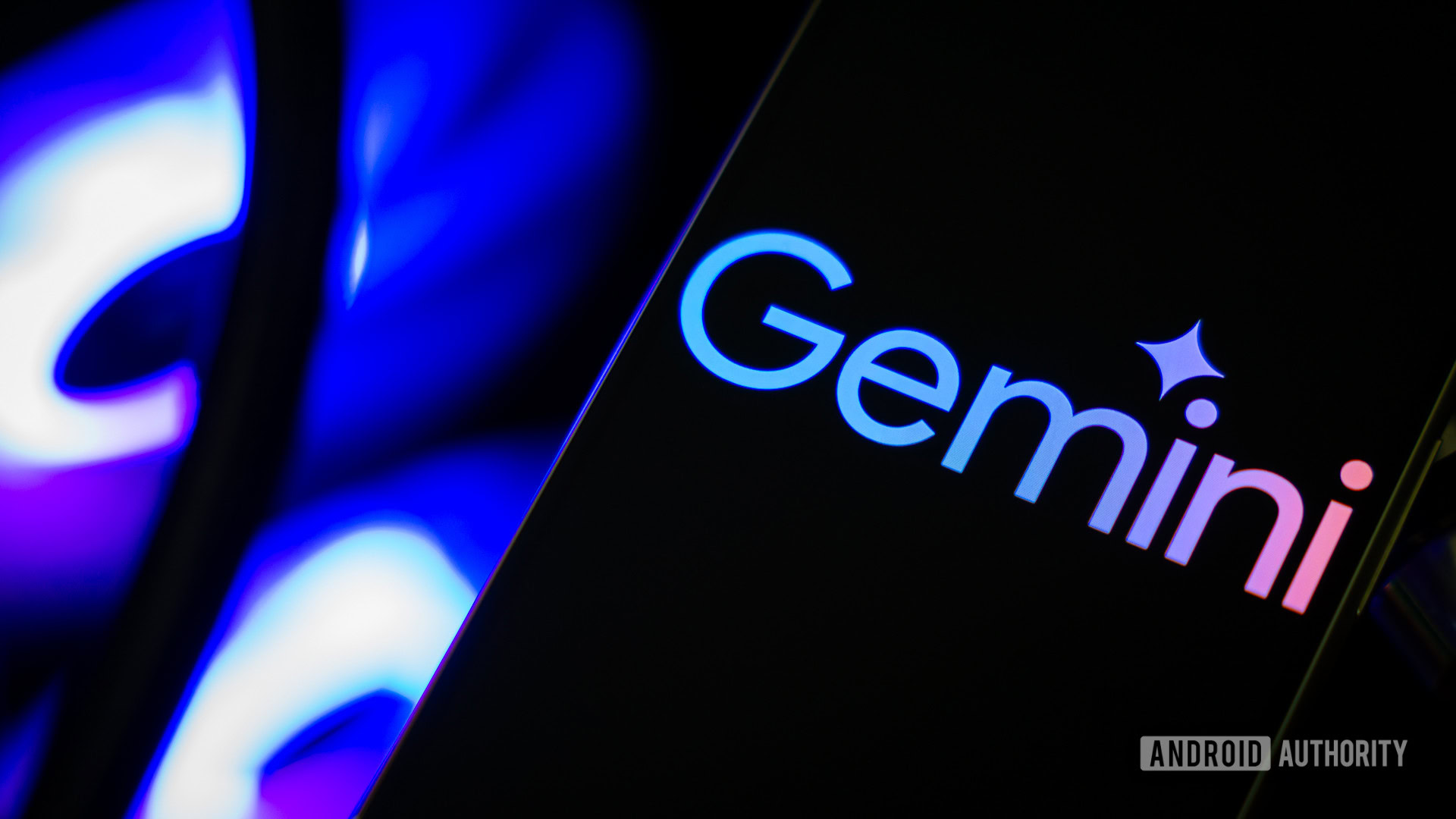Google Gemini 2.0: What to Expect from the Upcoming AI Revolution
As the tech world continues to buzz with advancements in artificial intelligence, Google is once again at the forefront with its Gemini project. Following the successful launch of Gemini 1.0 in December 2023, anticipation is building for the next iteration, Gemini 2.0, which is rumored to debut as early as December 2024. This article delves into what we know so far about Gemini 2.0, its potential features, and the implications for users and the AI landscape.
A Year of AI Innovation
2023 marked a significant year for Google in the realm of AI, with Gemini emerging as a key player in the competitive landscape. The introduction of Gemini 1.0 was just the beginning; it quickly evolved into Gemini 1.5, which showcased substantial improvements in performance and capabilities. These advancements have set high expectations for the upcoming Gemini 2.0, as users and developers alike are eager to see what new features and enhancements will be included.
Timing and Industry Context
The timing of Gemini 2.0’s potential launch aligns perfectly with the industry’s trend of releasing major updates during the holiday season. Reports suggest that December could be a busy month for AI announcements, with OpenAI also expected to unveil its next big model around the same time. This strategic timing not only capitalizes on the holiday buzz but also positions Google to capture attention in a competitive market.
Anticipated Features of Gemini 2.0
While specific details about Gemini 2.0 remain scarce, we can speculate based on the trajectory of AI development and the enhancements seen in previous versions. Users can expect a generational leap in performance, similar to what has been observed in other large language models. This could include improved natural language processing capabilities, enhanced contextual understanding, and more robust integration with Google’s suite of products.
One of the most exciting prospects is the potential for Gemini 2.0 to be more widely accessible than its predecessors. Google has historically rolled out access to its AI models in a staggered manner, but there are indications that the company may prioritize rapid integration across its platforms. This means that users could see Gemini 2.0 embedded in various Google services, from search to productivity tools, making advanced AI capabilities more readily available.
The Push for Accessibility
Google’s approach to AI has often involved a tiered access model, where different users gain access to varying levels of performance and features. However, with Gemini 2.0, there is a strong possibility that Google will aim for a more unified rollout. This could democratize access to advanced AI tools, allowing a broader audience to benefit from the latest innovations. Such a move would not only enhance user experience but also encourage developers to create new applications and services leveraging Gemini’s capabilities.
The Competitive Landscape
As Google prepares for the launch of Gemini 2.0, it is essential to consider the competitive landscape. Companies like OpenAI and Microsoft are also making significant strides in AI development, pushing the boundaries of what is possible with language models. The race to deliver the most advanced AI tools is intensifying, and Gemini 2.0 will need to stand out in a crowded field. This competition could drive further innovation, benefiting users with more powerful and versatile AI solutions.
Conclusion: The Future of AI with Gemini 2.0
While we await the official announcement and details surrounding Gemini 2.0, the excitement is palpable. With its potential launch in December, Google is poised to make a significant impact on the AI landscape once again. As we look forward to the next chapter in the Gemini saga, one thing is clear: the future of AI is bright, and Google is determined to lead the way.
